On the morning of June 9, the National Assembly discussed in groups the draft Land Law (amended). This is the second session of the National Assembly to give opinions on this draft law.
Before the discussion session, on behalf of the Government, Minister of Natural Resources and Environment Dang Quoc Khanh presented the draft law.
There were more than 12 million comments on the contents of comments focusing on compensation, support, and resettlement with 1.22 million comments; land allocation, land lease, and land use purpose change with 1.06 million comments.
According to Minister Dang Quoc Khanh, the content of compensation, support and resettlement policies when the state reclaims land received the most comments.
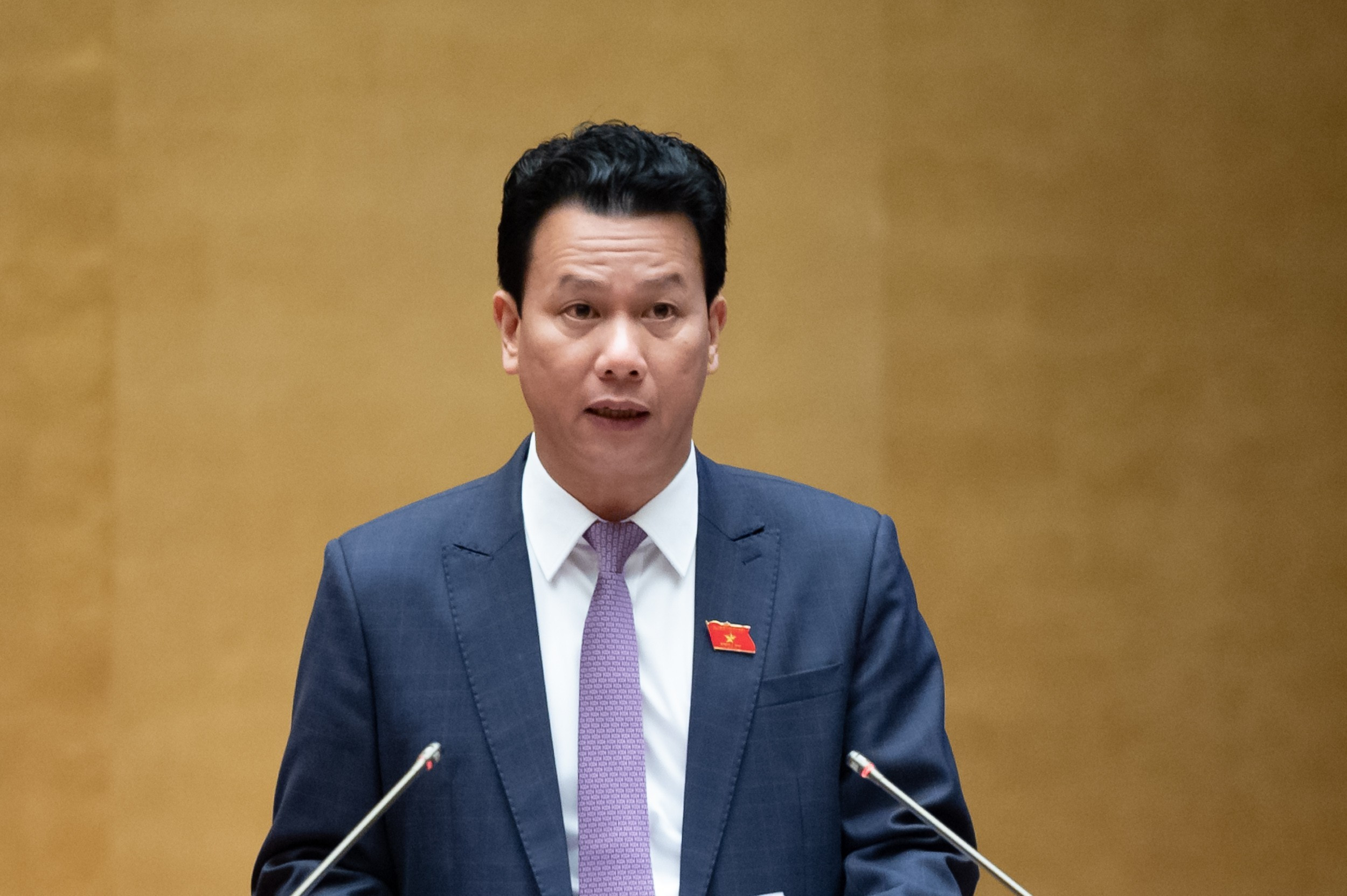
To ensure the legitimate rights and interests of people whose land is recovered, create consensus, and reduce complaints and lawsuits, the draft law has been revised in the direction: "Compensation, support, and resettlement when the State recovers land must ensure democracy, objectivity, fairness, publicity, transparency, timeliness, and compliance with the provisions of law."
People whose land is recovered are compensated for damage to land, assets attached to land, investment costs on land, damage due to suspension of production and business; are supported with vocational training and job search, supported to stabilize life and production, and supported with resettlement when the State recovers residential land.
At the same time, priority is given to choosing the form of compensation in cash if there is a need for compensation in cash. The compensation land price is the specific price of the type of land recovered at the time of approval of the compensation, support and resettlement plan.
The draft law stipulates that resettlement areas must complete conditions of technical infrastructure and synchronous social infrastructure according to detailed planning approved by competent authorities.
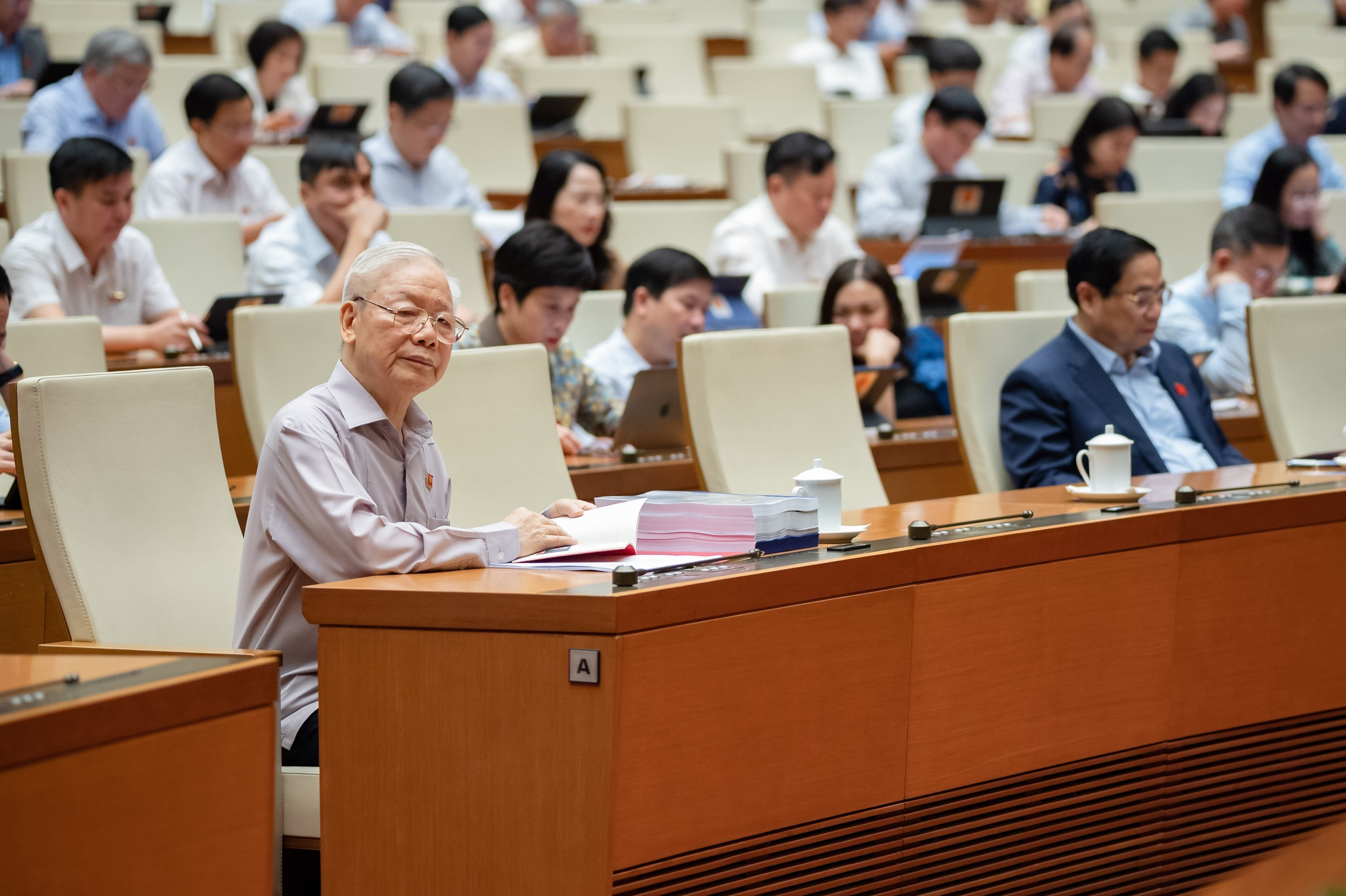
Presenting the review report, Chairman of the Economic Committee Vu Hong Thanh said that this draft law has expanded and listed 31 cases of land recovery into 3 groups: Land recovery for construction of public works; land recovery for construction of headquarters of state agencies and public works; land recovery for socio-economic development for national and other public interests.
However, the provisions in Article 79 refer to cases of auctions to create land funds and bidding, which are unclear in content and inconsistent in approach compared to other cases. Auctions of land use rights or bidding to select investors to implement projects using land are only methods of land allocation and land lease, not criteria for determining cases of land recovery.
Article 79 refers to Article 112, which lists land use projects for which the State recovers land to auction land use rights, including commercial housing projects.
The Chairman of the Economic Committee said that the design of this regulation is general, not clear enough about the cases of implementing commercial housing projects where the State reclaims land, making it difficult to determine whether it falls within the scope of socio-economic development for national and public interests or not.
According to the Economic Committee, this is an important provision of the Land Law, which has a great impact on the rights and interests of land users. It can only be implemented when it is stipulated in the Constitution and laws and meets the criteria for socio-economic development.
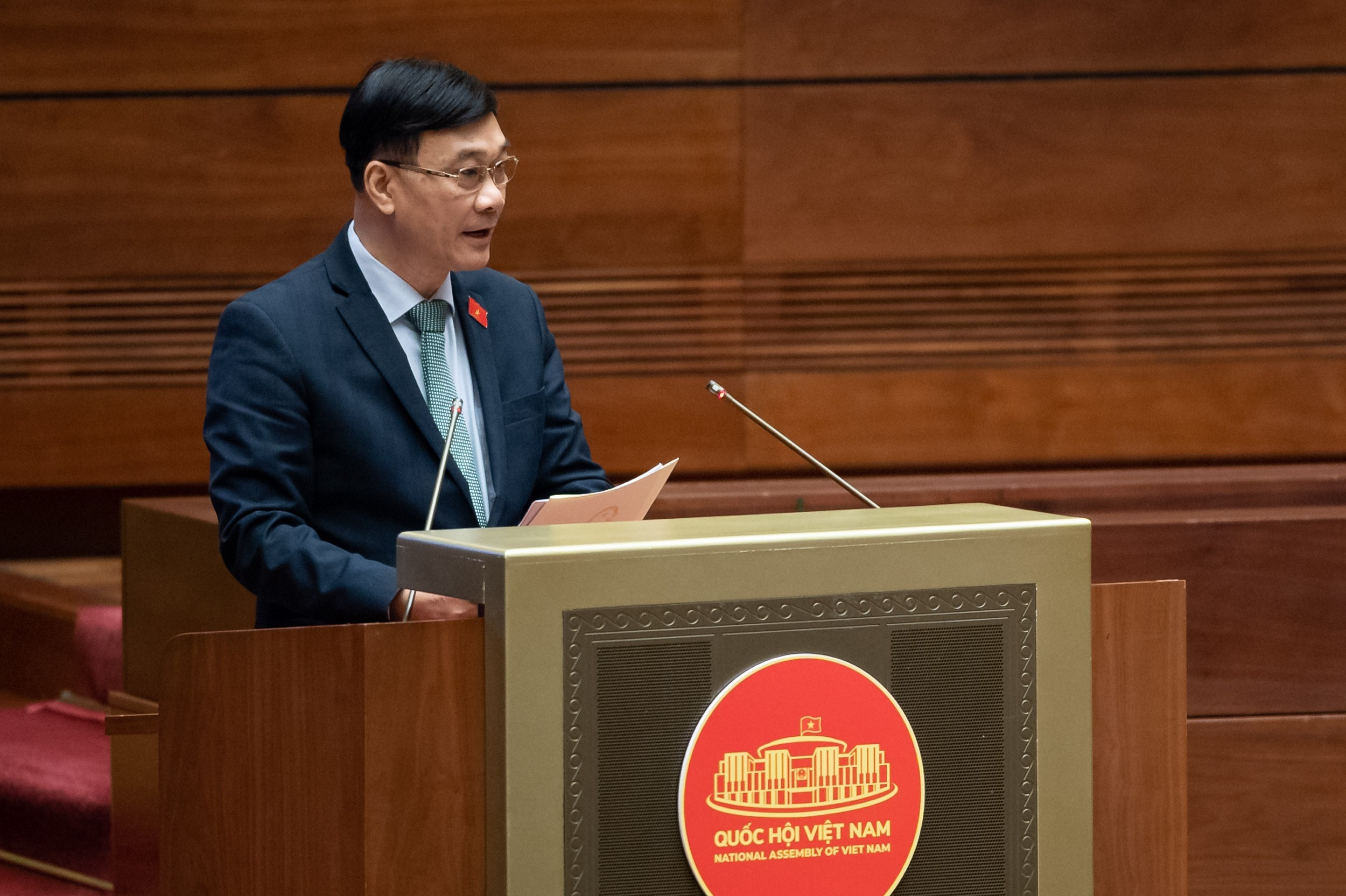
Therefore, it is necessary to be extremely cautious, consider carefully, and ensure full institutionalization of the Resolution and the Constitution to clearly stipulate and avoid different interpretations, causing difficulties in practice.
In addition, the Basic Economic Committee agreed to develop an annual land price list to ensure timely updates to land price fluctuations in the market.
However, the first construction of a land price list according to the provisions of this Law needs to consider the actual ability of the locality to meet the requirements of the Law and wait for sub-law documents after the Law is promulgated. Hiring consultants, collecting information, appraisal processes and procedures, submitting for approval, etc. takes time to implement, which can cause confusion in applying land prices according to the local price list due to not being able to build the land price list in time.
Source










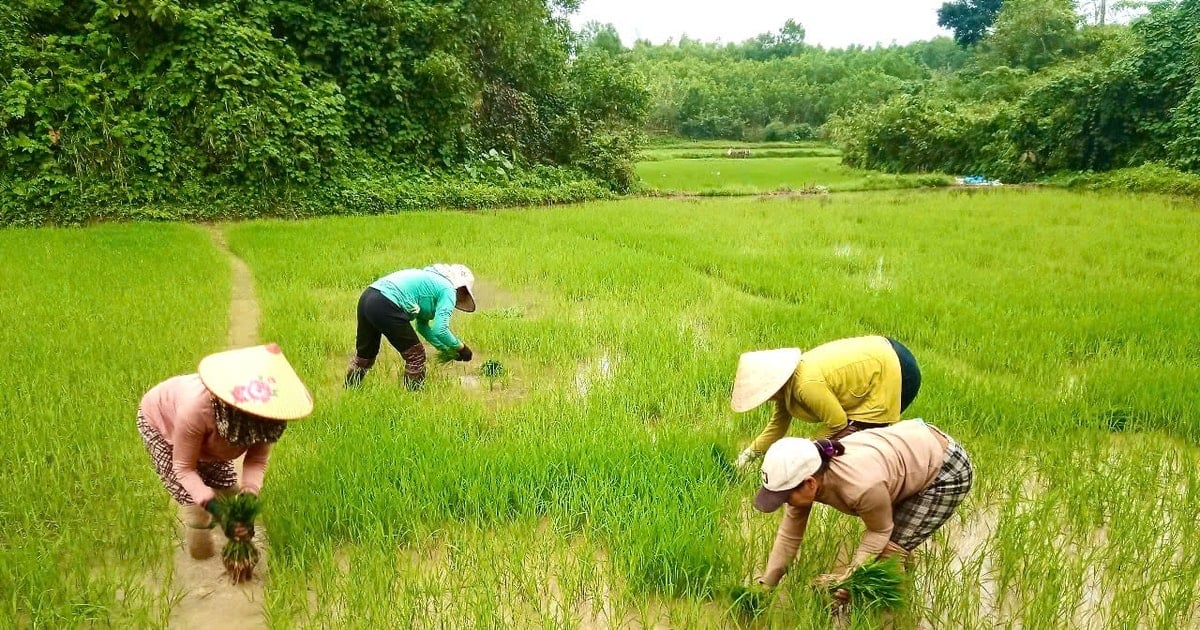



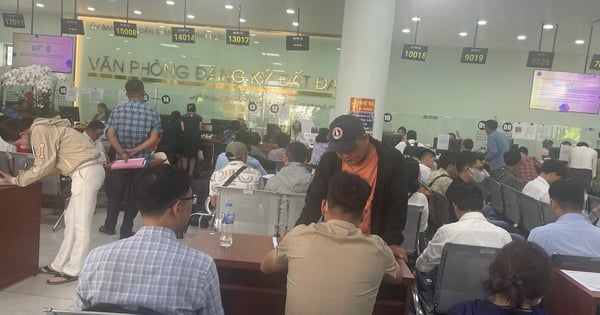

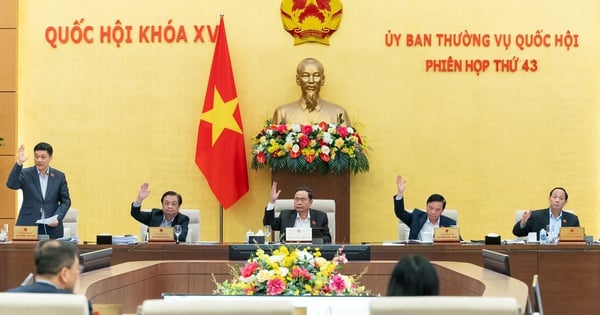

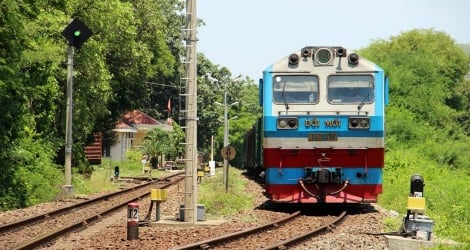


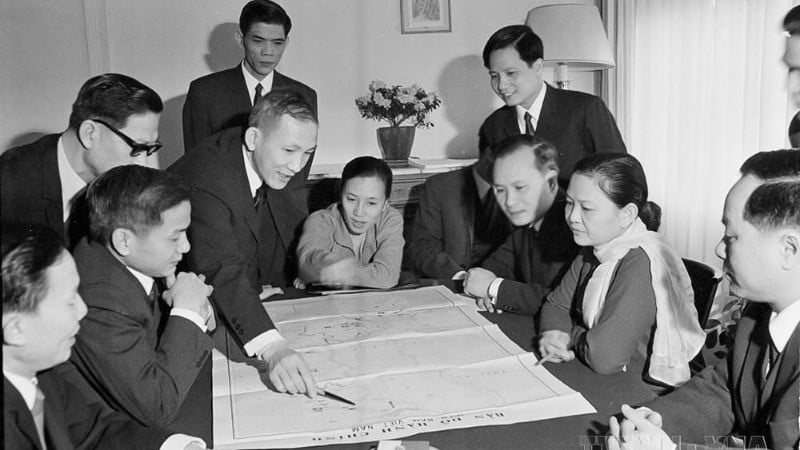



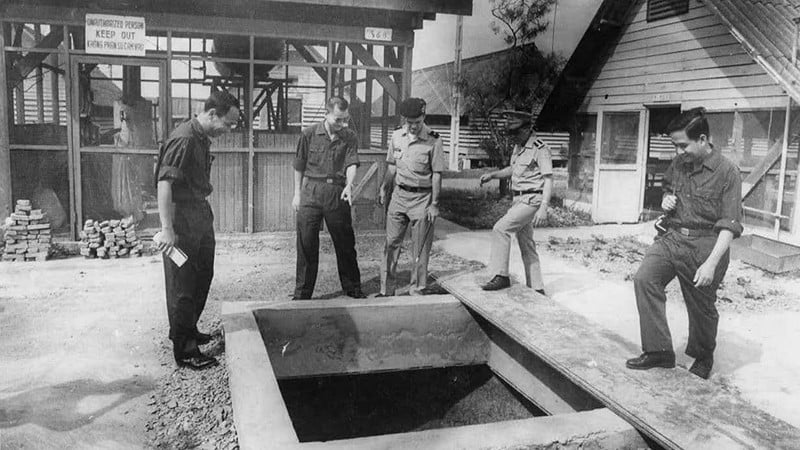




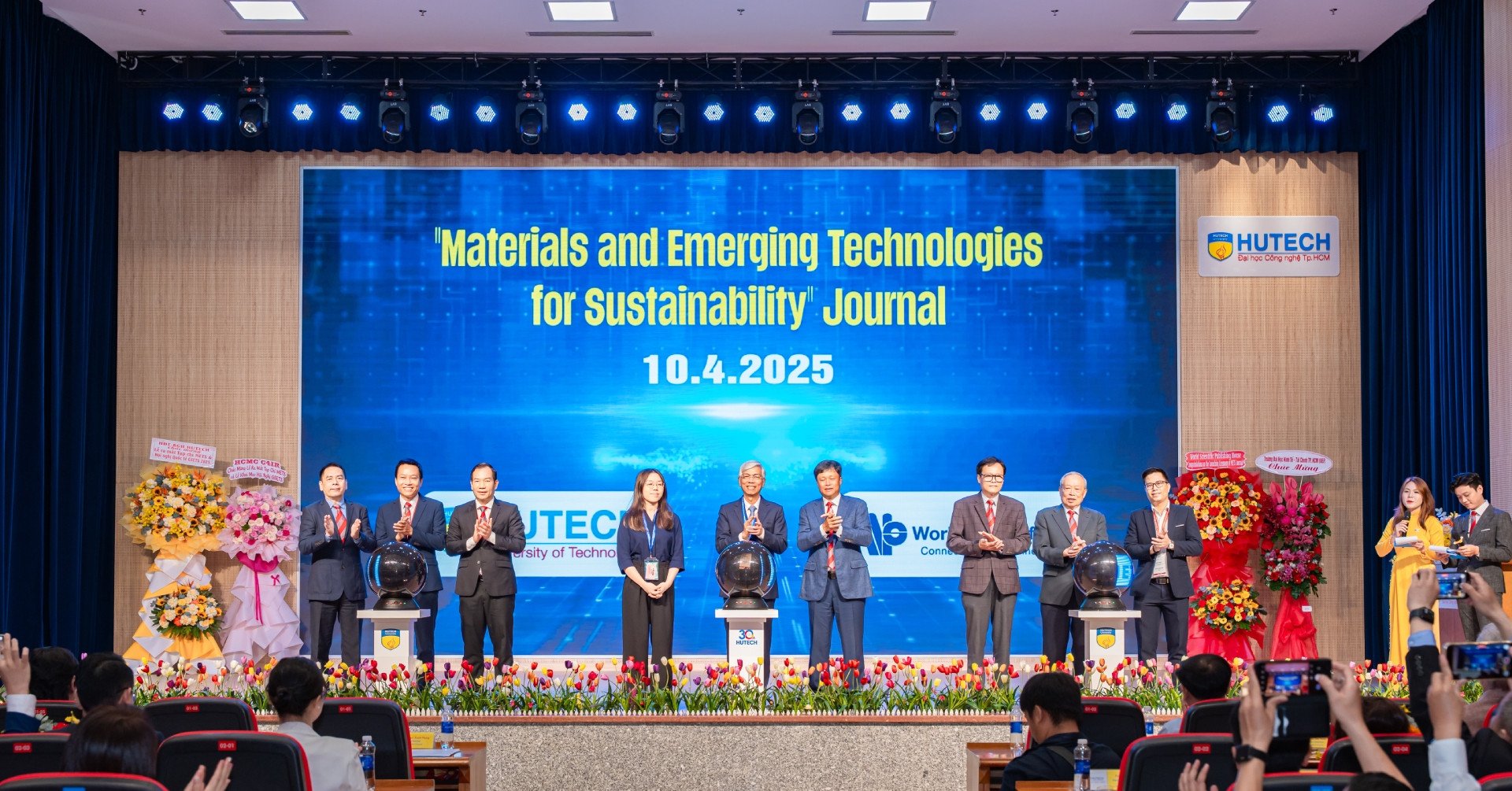




![[Photo] "Beauties" participate in the parade rehearsal at Bien Hoa airport](https://vstatic.vietnam.vn/vietnam/resource/IMAGE/2025/4/11/155502af3384431e918de0e2e585d13a)










































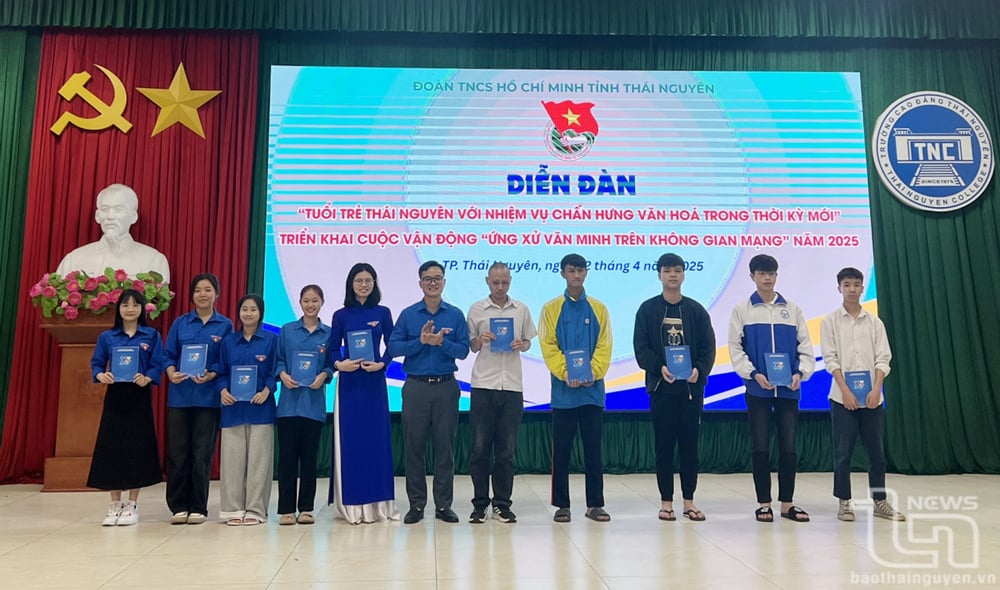


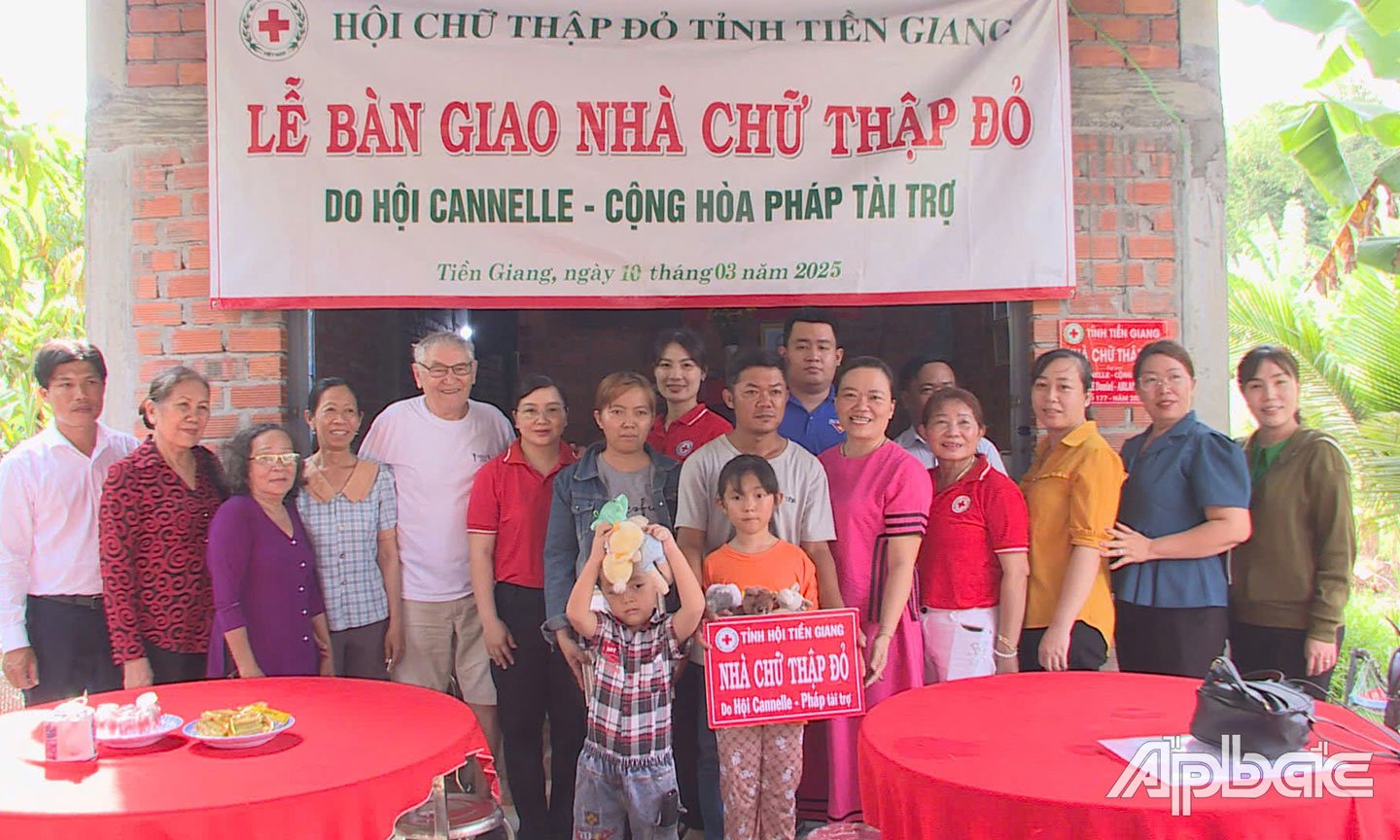

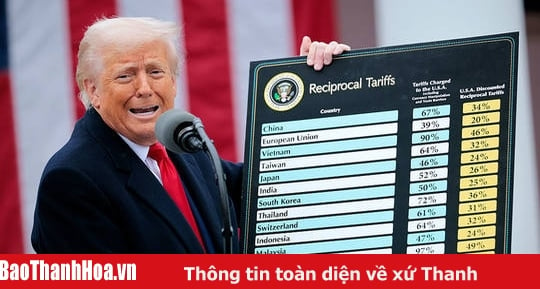

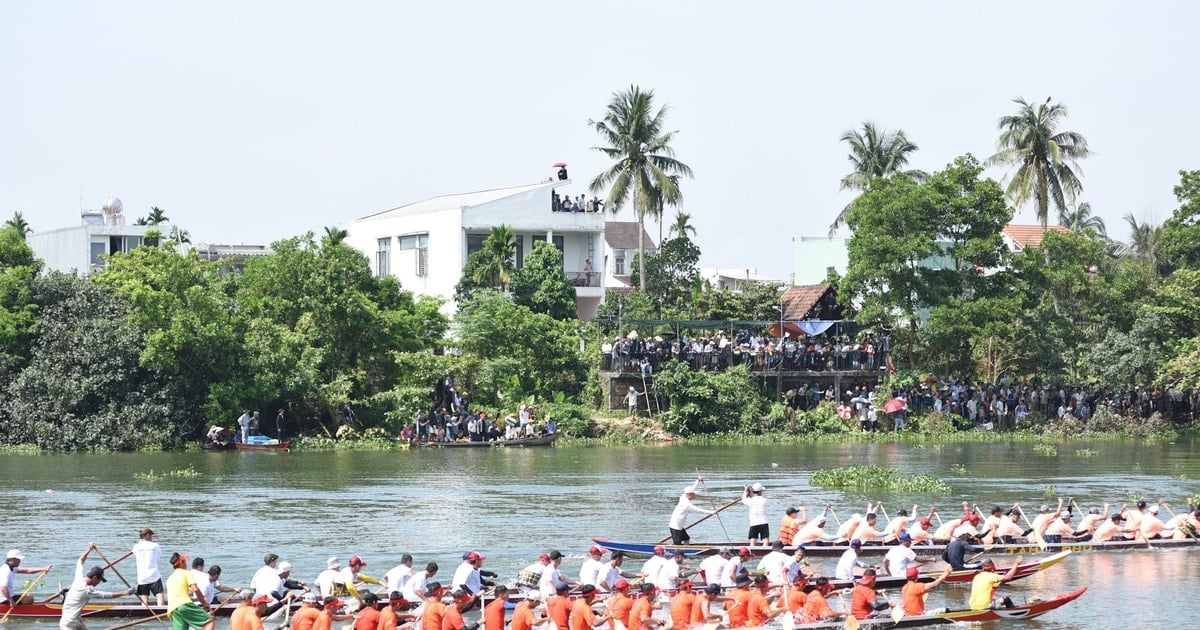











Comment (0)